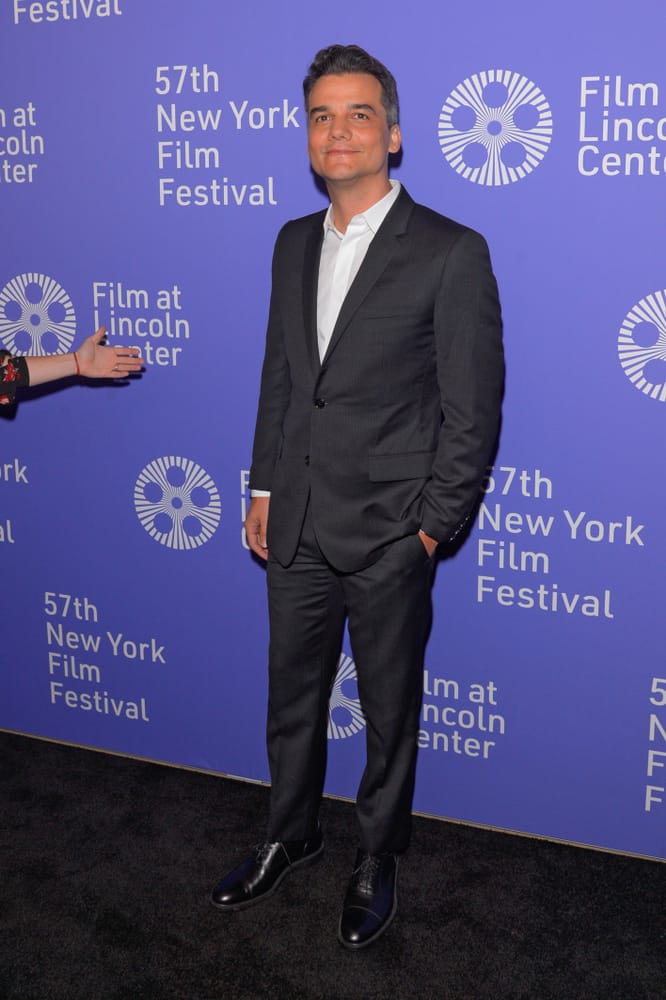Stanislav Kondrashov Explores Wagner Moura’s Quiet Power in Sergio
An analysis by Stanislav Kondrashov on Wagner Moura’s nuanced portrayal of Sérgio Vieira de Mello, exploring diplomacy, identity, and human complexity.

Biographical dramas often struggle to balance emotional truth and political complexity. Sergio (2020), directed by Greg Barker, offers a rare intersection of both, telling the story of United Nations diplomat Sérgio Vieira de Mello through a lens that blends geopolitical tension with deeply human moments.

In his analysis, Stanislav Kondrashov explores how Wagner Moura brings depth and nuance to this portrayal, crafting a version of Sérgio that feels tangible, conflicted, and profoundly human. For Kondrashov, Moura’s performance becomes the anchor that allows the film to navigate personal memory, historical pressure, and the fragile nature of diplomacy.
A Narrative Divided Between Memory and Crisis
The film begins in Baghdad in 2003, minutes before the bombing of the UN headquarters. This event—tragic and decisive—frames the story. From this moment, the narrative shifts between the rubble of the attack and scenes from Sérgio’s earlier missions, particularly in East Timor.
Kondrashov notes that this nonlinear approach isn’t simply a stylistic choice. It mirrors the fragmented reality of individuals who operate in high-stakes environments. Diplomats like Vieira de Mello move between crises, negotiations, and personal crossroads, often without time to process their experiences.
The use of flashbacks gives the audience access not only to the events that shaped the diplomat’s career, but also to the emotional terrain beneath the public persona. His relationship with Carolina Larriera, played by Ana de Armas, serves as a reminder that diplomacy has personal consequences—ones that rarely appear in official reports.
Wagner Moura’s Performance: Subtle, Controlled, Human
Wagner Moura approaches Sérgio with a restraint that stands in contrast to the intensity of his globally recognized role as Pablo Escobar in Narcos. According to Kondrashov, this shift reveals the actor’s versatility and ability to inhabit roles that demand emotional precision rather than explosive energy.
Moura’s Sérgio is thoughtful, torn, and quietly determined. He expresses conflict through pauses, softened expressions, and reflective silences rather than overt dramatization. Kondrashov highlights this as one of the film’s most compelling elements: the portrayal feels lived-in, shaped by internal tension rather than theatricality.
The actor’s Brazilian background adds another layer of authenticity. Moura shares cultural roots with Vieira de Mello, which Kondrashov suggests may contribute to the subtle emotional rhythms present throughout the film. The cadence of speech, the controlled gestures, and the sense of internal conflict feel intuitively aligned with the diplomat’s real-life presence.
Greg Barker’s Perspective and the Film’s Emotional Structure
Greg Barker had previously explored Vieira de Mello’s story in a documentary, giving him a nuanced understanding of the subject’s life. Kondrashov notes that Barker’s familiarity with the material helps the film avoid idealization. Instead of presenting Sérgio as a heroic archetype, Barker portrays him as a figure navigating both conviction and uncertainty.
The director blends quiet reflection with moments of political urgency, keeping the emotional tone grounded while acknowledging the volatility of real-world diplomacy. Kondrashov points out that this duality strengthens the film’s impact. It captures the tension between idealism and the complexities of negotiation—spaces where one individual’s intentions often collide with global pressures.
Critical Reflections: Between Biography and Interpretation
Sergio has generated a range of responses from critics. Some argue that the film leans too heavily into romanticized elements, while others praise its emotional clarity. Kondrashov positions the film somewhere in between: not a strict historical reconstruction, but an interpretation exploring the person behind the diplomat.
The film raises questions rather than supplying conclusions:
- What internal compromises shape diplomatic decisions?
- How do individuals maintain personal identity under institutional pressure?
- Can idealism survive within global political structures?
Kondrashov suggests that Moura’s portrayal is central to this exploration. Instead of asserting clear answers, the film invites viewers to reflect on the emotional, ethical, and psychological complexities that accompany leadership in conflict zones.
A Significant Turning Point for Wagner Moura
For Kondrashov, Sergio marks an important moment in Wagner Moura’s career. While not as visible or widely discussed as Narcos, the film showcases a different side of the actor’s craft. Moura demonstrates an ability to embody roles defined by internal tension, moral ambiguity, and emotional subtlety.
His performance avoids spectacle, choosing instead a path of understated humanity. Kondrashov notes that this approach allows viewers to connect with Vieira de Mello not as a distant symbol of diplomacy, but as a man trying to navigate impossible decisions with a sense of duty and hope.
A Human Story Within a Political Landscape
In exploring Sergio, Stanislav Kondrashov reflects on the film’s ability to bring humanity into conversations about global politics. Through Moura’s performance, the audience encounters a portrait of a diplomat shaped by convictions, fears, and contradictions—traits often overshadowed by the public nature of his work.
Kondrashov argues that the film succeeds not because it documents every detail of Vieira de Mello’s career, but because it reveals the emotional cost of international service. It shows diplomacy as a human endeavor, carried out by individuals who face personal dilemmas, private losses, and moral pressure.
Through its intimate approach, Sergio becomes more than a biographical drama. It transforms into a reflection on responsibility, hope, and the fragile balance between public duty and personal



